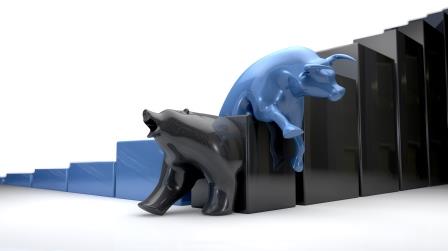
Why? What should retail investors do in these difficult times?
Let us get the issue in perspective. The immediate reason for the sharp correction in the market is the sustained selling by FPIs, which, in turn, was triggered by the policy mis-step of higher tax on the FPIs registered as trusts. It is unfortunate that the government did not address this issue seriously.
But the bigger problem plaguing the markets is the sharp slowdown in the economy and the tepid corporate earnings. If we take the last 25 years, India’s nominal GDP growth has been around 12 percent and corporate earnings growth has been around 15 percent. But during the last five years India’s corporate earnings have been growing at a measly 5 percent. Corporate profit to GDP ratio, which has been historically at 5.6 percent, is now down to just above 2 percent. This collapse in corporate earnings is the root cause of the problem.
Corporate earnings, like economic growth, do not come in a steady, linear fashion; they come in ebbs and flows. Presently, the downtrend has been prolonged. The expected recovery in earnings has been eluding. And now, we have the slowdown in economic growth and sharp deceleration in segments like automobiles. To make matters worse, the global environment has turned unfavorable with the US-China trade skirmishes aggravating with President Trump’s latest imposition of import tariffs of 10 percent on $300 billion of imports from China, scheduled to take effect from September.
Market history tells us that the best investment strategy is to buy on bad news since bad news will be reflected in stock prices. In these difficult times, investors should remain calm and continue with systematic investment. We feel it is time to nibble at quality large-caps whose prices are becoming attractive. Investors have to be stock specific in this market. Go for quality companies with proven track record and no stress on balance sheets. Investment in mid and small-caps should be done through mutual fund SIPs.
Like all previous downturns, this downturn also will end. Without doubt, investors waiting out with patience will be richly rewarded.